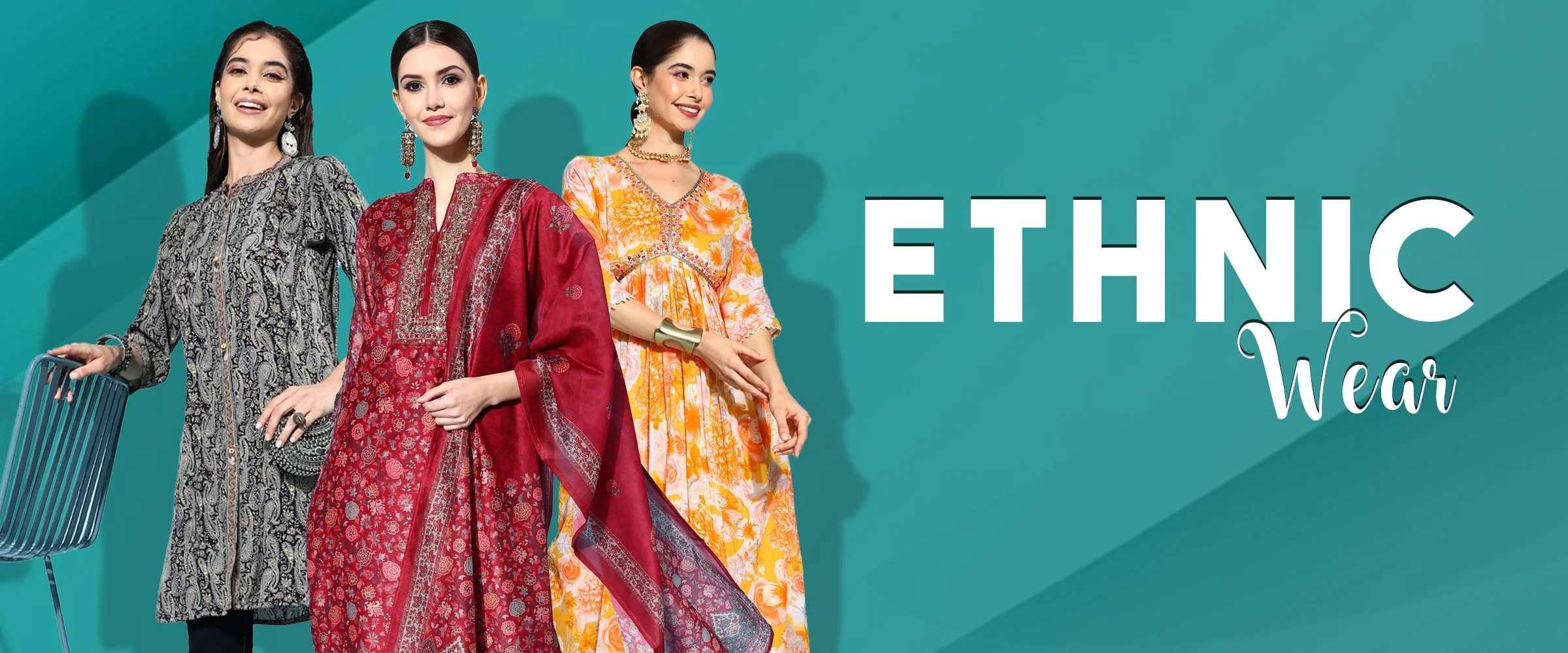Introduction
Even ethnic diversity has a significant role today because of the connectivity between states. It affects aspects as integral as culture, economy, and social integration. The Importance of Ethnic Diversity — A Community Rooted in Difference is an Inclusive Community In this article, we will examine the aspects of ethnic diversity and its advantages as well as disadvantages and how it has influenced the new world.
What does ETHNIC DIVERSITY mean?
This is known as Ethnic Diversity when you have more than one ethnic group living alongside each other within the same society. Each ethnic group has its peculiar elements of culture, language, customs, and values. These differences come together through early migrations, colonization, globalization, and sociological conditions uniting various communities. Ethnic diversity — the presence of more than one ethnic group in a certain population or geographical area — is another defining feature of many, although not all, nations, particularly those with a history of immigration.
Why Ethnic Diversity Matters
Cultural Enrichment: Ethnic diversity enriches societies, contributing to a range of cultural practices, new food items, art forms, and traditions. This cultural exchange brings creativity and innovation as people share what they learn.
Economic Advantages: Diverse workforces help in economic development. When individuals bring in different perspectives and experiences, businesses can get amazing ideas and hence become better at solving problems. Already, statistics have confirmed that diverse teams in companies perform better than others.
Ethnic diversity: can enhance social cohesion if it is well managed. Diverse communities are more robust since they learn to value different perspectives and experiences.
International Relations: With the world becoming more global, ethnic diversity knowledge, and respect also play a vital role in international relations and diplomacy. When cultures are appreciated, countries debate world affairs more effectively.
The Benefits of Ethnic Diversity
Increased Creativity and Innovation
A diverse group has a lot of different ideas and perspectives. Working together, diverse populations can innovate in ways that may never materialize in a homogenous setting. That creativity is a critical resource for solving the most complex challenges in technology, healthcare, and education.
Improved Problem-Solving
Studies show diverse teams solve problems better than non-diverse ones. Individuals from diverse groups push back on one another’s assumptions and create an environment of critical thinking. As a result, there will be more in-depth analyses, which translates into better decision processes.
Broader Market Reach
In the business world, meeting different consumer needs is the key to success. Ethnic diversity within company culture enables brands to appeal to a broader spectrum of customers. When businesses can appear as their target markets by employing a diverse workforce, the result is products and services that connect with various cultural groups.
Cultural Competence
The experience of living in a multicultural society works toward better cultural competence among individuals, the term used in its simplest sense to refer to how well one understands, communicates, and interacts with someone from another culture. In our globalized world where interactions between different cultures have become a part of daily life, this skill has gained importance.
Strengthened Community Ties
We fly flags for the ethnic diversity that, in many cases, leads to more tightly bonded neighborhoods. Cultural festivals, community events, and open spaces encourage mingling among diverse groups which is the basis for friendships across different walks of life.
Challenges of Ethnic Diversity

Ethnic diversity has many benefits, but it also brings challenges that need to be tackled:
Prejudice and Discrimination
Although various dimensions have been improved, certain groups are still facing specific ethnic prejudice in society. Discrimination comes in many forms – bias when it comes to jobs; being targeted by law enforcement due to the color of your skin; or being locked out of social networks, and that has detrimental effects on social harmony.
Cultural Misunderstandings
Highly culturally disparate groups may create misunderstanding or even conflict over specific facets of each others’ values. Different forms of communication, for instance.
Political Tensions
Ethnic diversity also leads to political tension and conflict over resources and representation. Competition between groups for power or recognition in a society can worsen the rift.
Economic Disparities
Some minorities may be subjected to a barrier that hinders them from accessing education and jobs. Such inequities can entrench poverty and disadvantage in communities.
Promoting Ethnic Diversity
To make the most of these potential rewards while minimizing the possible downside, we can — and should — do a few things:
Education and Awareness
Education can contribute significantly to understanding ethnic diversity and its appreciation. In my opinion, one answer is that multicultural education should be folded into school curricula to help students build an understanding of varied histories and contributions — as well as a recognition of and appreciation for different perspectives.
Encouraging Dialogue
Having honest discussions about ethnicity can help raise awareness of stereotypes that prevent people from relating to one another. The open dialogue surrounding sensitive topics related can be created in community forums or workshops.
Inclusive Policies
Across different areas—education, employment, and healthcare; governments must create mechanisms to create opportunities for all ethnic groups to ensure inclusion. Diversity quotas or affirmative-action programs may need to right historical wrongs.
Celebrating Cultural Events

Communities ought to hold cultural celebrations where different ethnic groups can exhibit their cultures. They promote cross-cultural understanding while nurturing identity pride in the community.
Building Diverse Workplaces
Companies need to develop diverse teams by using inclusive hiring practices to attract people of different ethnicities. A diverse team assists in creating a culture and maintaining an inclusive workplace; everyone gets to speak which adds to the collaboration and innovation.
Conclusion
Such is the undeniable importance of ethnic diversity in contemporary society — enhancing our collective lives culturally, economically, and socially as well as providing challenges that need to be resolved through careful compromise. As we pretend to acknowledge our differences and pay lip service to inclusiveness through education, dialogue, and policy shifts — we can create a more harmonious society where all feel valued and respected.
In an increasingly interlinked world, it will be essential to remember how ethnic diversity is crucial for creating understanding between communities across the globe. In the end, embracing our differences and meeting in the middle will help pave the way for a better tomorrow—where each of us plays an integral role in this crazy thing we call being human.
Frequently Asked Questions (FAQs)
What is ethnic diversity?
Ethnic diversity is the quality of different types of people with a variety of cultural traits, such as language, tradition, and values, being present within a particular approach.
Importance of ethnic diversity
Diversity of ethnicity enhances societies in terms of helping creativity and innovation while creating more social resilience.
Challenges of Ethnic Diversity
This can lead to prejudice against and discrimination towards specific groups, cultural conflicts from misunderstandings, political tensions regarding representation or resources, and disparities between ethnic communities economically.
How do we encourage ethnic diversity?
Some ways to promote racially or ethnically diverse society include: teaching the general population about world cultures, promoting cross-cultural dialogue between communities, adopting policies in other sectors (e.g., education and health) that encourage all members of society to participate; celebrating ethnic events together, and creating a multiracial workforce.
How can education help to understand ethnic diversity?
Education creates awareness of the history and contributions of other cultures and encourages acceptance of what others have gone through–which is crucial because stereotyping only stands to prevent the world from becoming a more inclusive place.
Through the careful consideration of community programs such as those mentioned above which promote both positive aspects of living next door to people from different ethnic backgrounds whilst simultaneously acknowledging possible challenges faced due to this diversity; we pave ourselves a path forward into an equitable society where all individuals have access not just opportunities but also play their part in advancing human progress!











